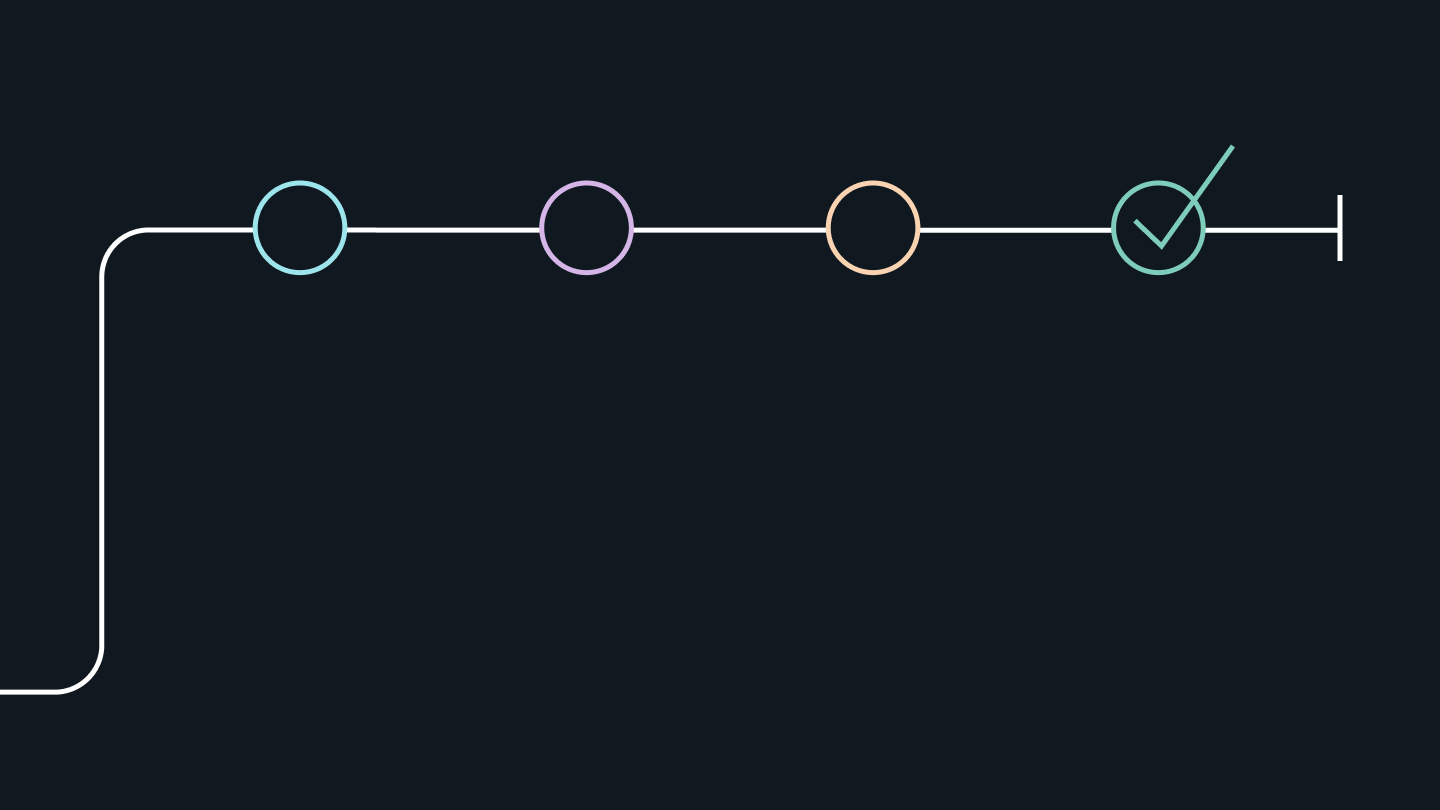
The payments industry is at an inflection point where change is happening at an exponential rate, according to industry executives presenting at the 2021 J.P. Morgan E-commerce Forum.
“If we take a step back and look at where we are in the evolution of the market, the market capitalization of the new economy has grown dramatically, so we've quadrupled the value of the market,” said Mark Fiteny, Head of New Economy, Investment Banking, Asia Pacific and Global Head of Consumer Internet Investment Banking, J.P. Morgan. “We are at an inflection point where I believe every 12-month increment is going to be dramatically accelerated from the 12 months prior.”
"I believe every 12-month increment is going to be dramatically accelerated from the 12 months prior."
Mark Fiteny
Head of New Economy for Asia Pacific and Global Head of Consumer Internet for Investment Banking at J.P. Morgan
Digital technology is the basis for the rapid changes in cross-border e-commerce, and is transforming every sector that makes up the global GDP – which in turn, impacts consumer behaviour. “How we entertain ourselves, how we find and share information, how we communicate with each other, how we make transaction decisions and how we actually transact – all that is going through a profound change,” said Fiteny.
In e-commerce, inclusion is a theme that will continue to resonate with both the buyer and the seller, Fiteny added. For merchants, there will continue to be a rise in new sellers automating their businesses through digital payments platforms and being able to participate in economic growth in a way that they weren’t able to before.
“And for consumers, thanks to the rise of new payment channels like e-wallets and mobile bank accounts, there will be populations who have never had access to banking products before being provided the service for the first time ever, albeit digitally,” said Fiteny.
Thunes and PingPong introduce arising cross-border payments services
The trend has opened opportunities for e-commerce payment enablers like Singapore-based start-up Thunes, which is developing a business-to-business (B2B) cross-border payments network to make financial services more accessible in emerging markets.
“If you look at the emerging markets, there is a large pool of traditional banks and a rising number of digital banks, but no one is interconnecting these players. So, we saw an opportunity to build a network,” said Peter De Caluwe, CEO of Thunes. Launched in 2016, Thunes has successfully raised $130 million in the last two years to grow its operations across the fast-growing economies of Africa, Asia and Latin America.
“Companies are using our payment rails to move money in and out of these emerging markets. Today, we cover over 110 countries across 60 currencies,” said De Caluwe. He added that the firm will soon launch a collections service as customers are looking to not only pay and get paid, but to collect payments from these markets as well.
For PingPong, which was founded six years ago and today provides payment services to a million merchants globally processing more than $150 million in cross-border payments a day, the surge in e-commerce activity in the last 18 months has prompted the firm to expand its coverage model.
“In the past, we were focused on servicing the business-to-consumer (B2C) market; but as the global pandemic struck, there was a surge in new sellers in the B2B space who also wanted direct access to the consumers. So, it made sense for us to enter this market; we just launched our B2B service in the past month, with support from J.P. Morgan,” said Aaron Xu, Head of Global Institutions Group, PingPong.
Another market PingPong expanded into is the traditional institutions industry, in addition to its core clients of small and medium-sized businesses. “We see demand particularly from Chinese financial institutions that were late adopters in the e-payments space but are now jumping in very aggressively,” Xu added.
Cross-border payments are transforming post-pandemic
As the payments space continues to evolve, compliance and risk management will be front and center as regulators place focus on how digital payments can work in an ecosystem, alongside traditional payments, that is safe and secure.
“Compliance is extremely important in cross-border payments. At Thunes, we focus a lot on our own compliance and over time, we would want to provide compliance services like sanction screenings to customers who also need to be compliant locally,” said De Caluwe.
"Compliance is extremely important in cross-border payments."
Peter De Caluwe
CEO, Thunes
“You are going to see a big push in this space around local regulations and tax obligations, which is frankly essential for a healthy industry going forward and something payments enablers like ourselves are happy to support,” Xu said. “As a payment company, risk management is crucial and that couldn’t be clearer during the pandemic when there were bad actors looking to commit fraud, and protecting our merchants was and continues to be paramount.”
What is clear for payments in a post-pandemic world is the continued migration from offline to online activity even when the pandemic absolves.
“Ultimately, the promise of an e-commerce experience is better selection, better value, better customer experience and more convenience; so while there may be some bounce back in behaviour when the environment normalizes, some of the change will become permanent,” said Fiteny.
To learn more about J.P. Morgan’s approach to solving cross-border treasury and payments challenges, please contact your J.P. Morgan representative.
The views and opinions expressed herein are those of the author and do not necessarily reflect the views of J.P. Morgan, its affiliates, or its employees. The information set forth herein has been obtained or derived from sources believed to be reliable. Neither the author nor J.P. Morgan makes any representations or warranties as to the information’s accuracy or completeness. The information contained herein has been provided solely for informational purposes and does not constitute an offer, solicitation, advice or recommendation, to make any investment decisions or purchase any financial instruments, and may not be construed as such.
Products or services may be marketed and/or provided by commercial banks such as JPMorgan Chase Bank, N.A., securities or other non-banking affiliates or other JPMC entities, and such affiliate or entity may or may not be the JPMC entity operating and regulated in your jurisdiction locally.
JPMorgan Chase Bank, N.A. Member FDIC.
JPMorgan Chase Bank, N.A., organized under the laws of U.S.A. with limited liability.







